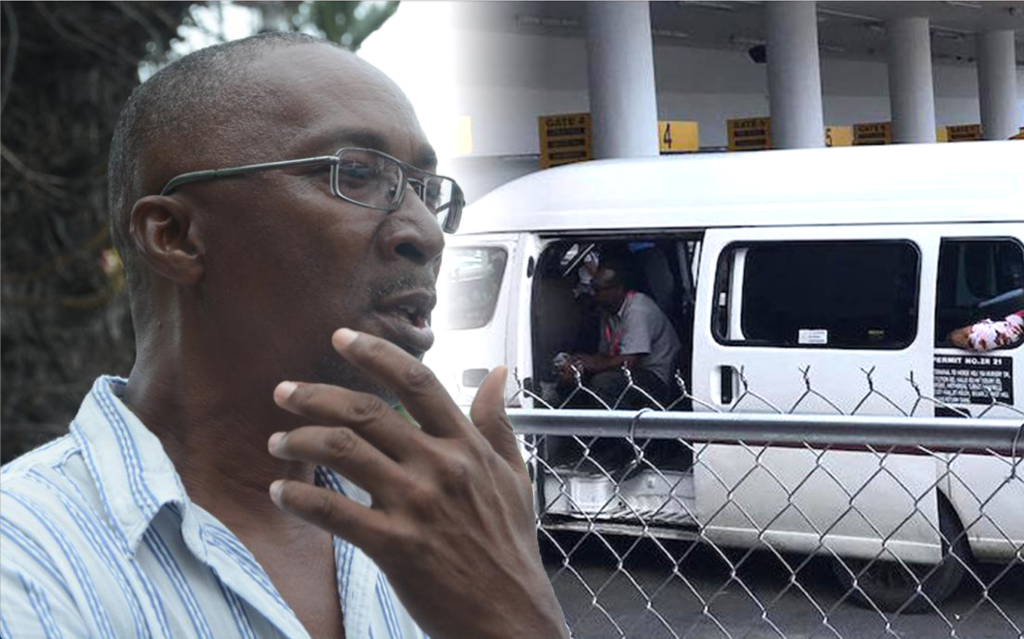Public Transport Industry Urges Government Action Against Indiscipline, Calls for Independent Disciplinary Committee

July 25, 2024
Public transport owners call for action against indiscipline in the industry. Proposal for an independent disciplinary committee to address lawlessness in route taxis and minibuses. Challenges include influx of young workers.
The chief spokesman for the nation’s public transport owners has urged the Mia Mottley administration to take decisive action against indiscipline in his industry, declaring that “government needs to stop talking and let us see some sort of action related to some of these indisciplined, unruly persons that continue to create issues for the public sector”.
But Roy Raphael, the chairman of the Alliance Owners of Public Transport (AOPT), also appealed for the establishment of an independent disciplinary committee to investigate and punish infractions. He suggested this committee be independent of the Transport Authority, the government regulator of route taxis and minibuses.
He was responding to a recent incident where two route taxi (ZR) vans were filmed driving on the wrong side of the road, cutting across oncoming traffic. This video, which went viral on social media, has heightened concerns about lawlessness in privately owned public transport.
“We are seeing an increase in areas related to indiscipline within the sector that really concerns us as an association”, Raphael told Barbados TODAY.
The AOPT chairman proposed that a disciplinary committee should be “outside of the Transport Authority” and “chaired by a retired judicial officer or a senior attorney-at-law”.
He elaborated on its potential scope: “[It should be] similar to the Fair Trading Commission or the Public Counsel. When you have a body that deals with complaints pertaining to public transport, not only ZRs and minibuses, that body should be able to make a decision. If they revoke or suspend your permit, you still have the courts that you can basically go to.”
Raphael highlighted the challenges facing the sector, noting an influx of young workers attracted by a ready paycheque.
“We are seeing more youngsters having to join the service”, he said. “We are also seeing a lot of indisciplined youngsters coming into the service because public transport is a place where you can get a salary or breaks every day. National Insurance is not taken out. If you work for $12, you get $12. And within that sector, you can also benefit from having lunch and all those other things that come with it.”
The AOPT head was quick to point out the limitations of his organisation’s authority: “We don’t have the authority to discipline nobody, other than our members”. This, he argued, underscores the need for government intervention.
Looking to the future, Raphael discussed plans for a cashless payment system, which he believes could help curb indiscipline.
“We have been speaking to a number of providers, and we have not yet come to any final decision”, he revealed. “We have had a meeting with the minister and the minister of transport has supported the association along with the Transport Board in having a cashless system onboard.”
Raphael expressed optimism about the potential impact of this system: “When that cashless system comes in place, we should see some level of discipline within the sector”.
He also suggested that broader reforms might be necessary, stating, “We believe that there are some routes you might have to suspend because it isn’t working. I also believe there are some routes you have to create.” emmanueljoseph@barbadostoday.bb


